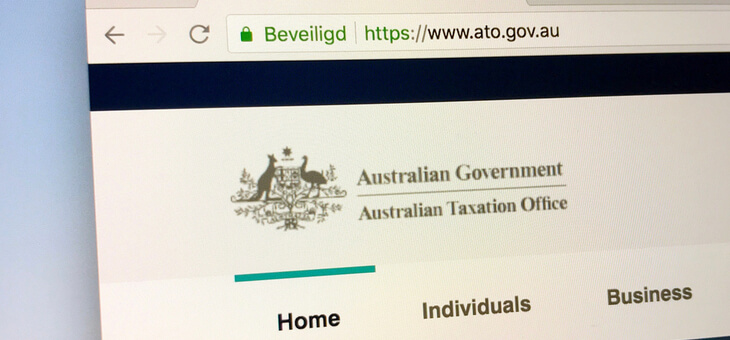Tax season is just over the horizon and insiders are already revealing what the Australian Tax Office (ATO) will be on the lookout for this year.
This year, the ATO will pay particularly close attention to work-related claims and expenses, H&R Block director of tax communications Mark Chapman told Nestegg.
“The ATO recently claimed there was an $8.7 billion shortfall between the tax individuals are expected to pay and the tax they actually are paying,” he says.
“The ATO believes that work-related expenses claims are the biggest element in that ‘tax gap’ and have signalled that they’ll be looking closely at these deductions this year.”
Read: Super ‘rort’ is costing tax system and helping the wealthy: analyst
With so much of the population still working from home in the past 12 months, claims for work-related utilities, home office, mobile phone and internet costs have skyrocketed.
Deductions for home office use, including for costs such as rent, rates and mortgage interest are not actually claimable unless you are running a business from home, not just working there temporarily.
Mobile phone and internet bills can be claimed when used for work, but Mr Chapman says the ATO will be targeting those claims to make sure they are legitimate.
Read: Should Australia increase the tax threshold?
Also in the ATO’s crosshairs are individuals who claim the 72 cents per kilometre flat rate for work-related motor vehicle claims. The ATO is concerned that too many people are automatically claiming the maximum 5000 kilometres without having driven that far for work.
In addition to work-related claims, Mr Chapman says the ATO will be looking more closely at investment properties, after an audit found errors in 90 per cent of returns associated with investment properties.
The ATO will be looking at excessive interest expense claims, incorrect apportionment of rental income and incorrect claims for newly purchased rental properties.
Read: Budget night ends up an election pitch packed with sugar hits
“The focus on investment property owners is likely to be particularly pronounced because rental losses are likely to be bigger than normal this year due to the hit that rental returns have taken during the COVID-19 crisis,” Mr Chapman says.
“The golden rule is, if you can’t substantiate it, you can’t claim it, so it’s essential to keep invoices, receipts and bank statements for all property expenditure, as well as proof that your property was available for rent, such as rental listings.”
This year’s tax return will be the last to feature the low- and middle-income tax offset (LMITO). In the 2019-2020 and 2020-2021 financial years, the economy-boosting measure saw those earning between $37,500 and $126,000 get as much as $1080 back at tax time as a result of the measure.
In the May Federal Budget, Treasurer Josh Frydenberg announced there would be an increase of $420 to the LMITO for the 2021-2022 financial year.
If you enjoy our content, don’t keep it to yourself. Share our free eNews with your friends and encourage them to sign up.

